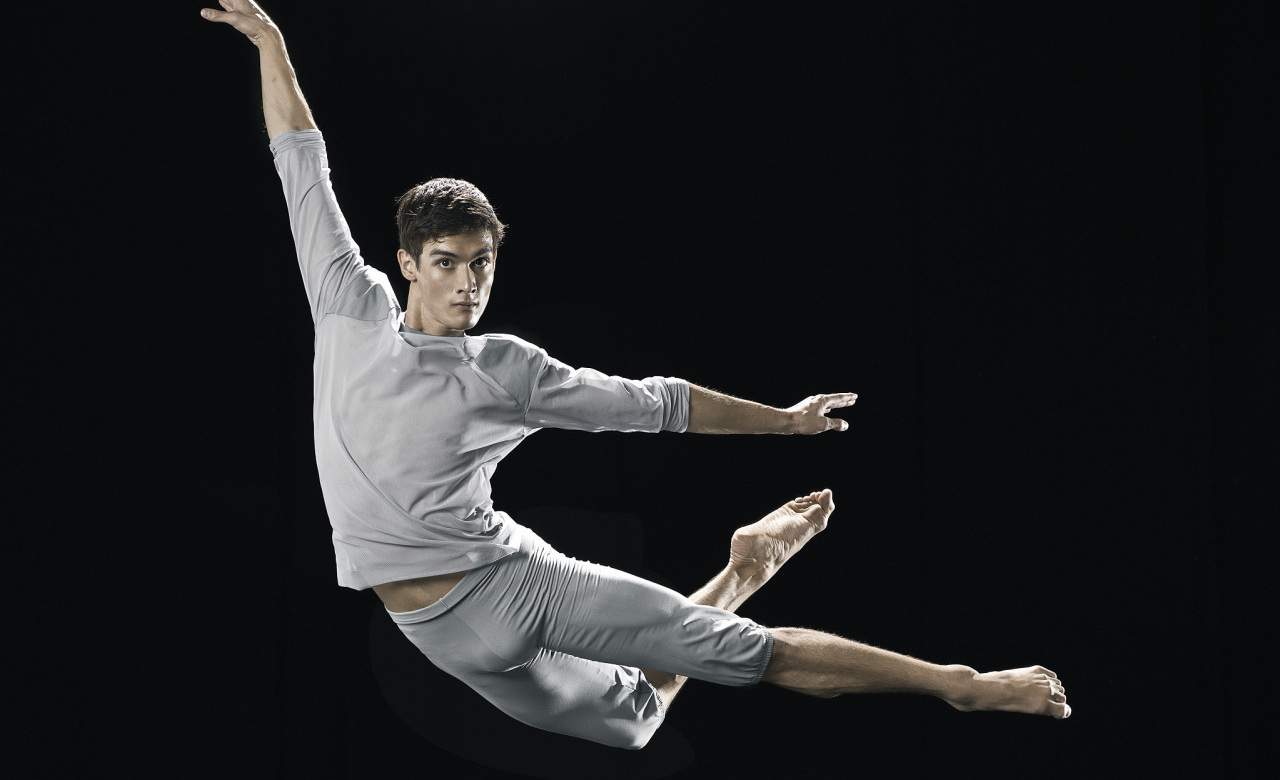Salute
A chillingly poignant dance of remembrance.
Overview
The Royal New Zealand Ballet’s (RNZB) most recent offering is a compilation of four works, their performances each dedicated to the commemoration of WWI. It is a performance of mourning, entwined with the expression of hope and honour; a beautiful expression of emotion.
The show opened with the world premiere of Andrew Simmons’ work Dear Horizon. Underneath Tracy Grant Lord’s simple and moving set design, his delicate, innovative and heart wrenchingly beautiful choreography told no narrative - instead conveying the terrible sense of harm of and suffering that war and conflict wreaks upon humankind. Simmons said that he wanted to create a work that focused on the “human aspects and emotions of war: loss, fear, hopelessness” and hoped it would “serve as a reminder and reflection upon all that war takes away,” two aims which he well accomplished with this piece. Gareth Farr’s accompanying score had hearts aching, and at times thumping with his distinctive and emotional music. Brought to life by solo cellist Rolf Gjelsten and the impeccable army band, the performance imbued a sense of pride and sadness in its audience, and set the tone for the following pieces.
The Czechoslovakian choreographer Jiri Kylián’s Soldiers Mass gave life to the human terrors of war by depicting twelve nameless conscripts, destined for battle. The piece is set to fellow Czechoslovakian Bernard Kruysen’s score, composed in memory of a battalion of young Czechoslovak soldiers who were killed the day after they went into battle in France in WWI. Moments of crescendo and intense movement are coupled with soft and delicate phases, as the twelve dancers falter and fall, rally and rise. At one point singing in unison with the choral accompaniment, they beautifully convey the tragedy of war.
Johan Kooborg’s light-hearted work Salute speaks of another aspect of war by depicting what is left behind. A compilation of short movements infusing comedy and fun to illustrate the interactions between Danish soldiers and their girlfriends, it injects some much-needed warmth into the show. Again accompanied by the army band, the pieces worked perfectly with the score and used quirky choreography to tell of human love, flirtation, jealousy and reunion.
The final work in the performance was the world premiere of Neil Ieremia’s piece, Passchendaele. This contemporary movement made hairs stand up on end, the dancers powerfully conveying the tragedy of our greatest military catastrophe. The choreography communicated the desperate melee of the battle, showing the horror and fear with frantic movement, accompanied by Dwayne Bloomfield’s furious composition to imbue the emotion of the horror to the audience. With sombre reflection and proud salute of brotherhood and honour, the piece moved to the aftermath of the battle, conveying the shock and loss through movements weighted with emotion and heartbreak. Passchendaele culminated with a solo note, during which not one member of the audience moved; so powerful was the emotion conveyed with the music and the movement.
A truly beautiful tribute to loss and fear, heartbreak and courage. Through tributes like this, we will remember them.





